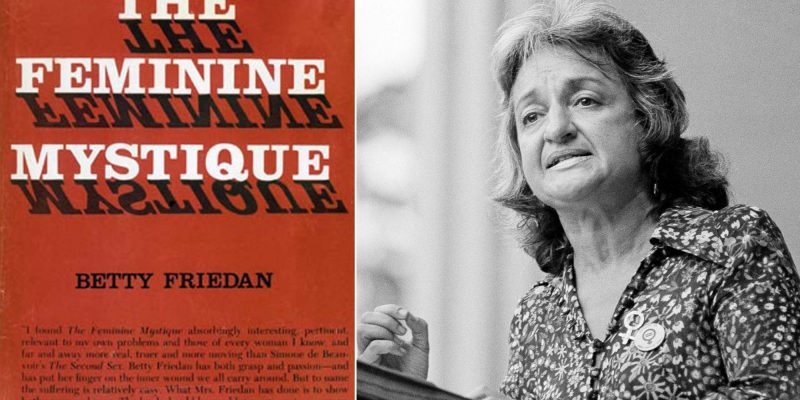
I abhor what some people are doing to our planet and the arrogance with which they do it. Unfortunately, because we want the stuff they are manufacturing, because there are too many of us, and because we are letting them do it, they do it with our blessings. They do it for their own reasons: to make a living, to get rich, because they believe in their products. Because we all believe in our modern way of life. But with all the wonderful things – instant communication, spread of new ideas, abundance for some – are many negative things. At the confluence of the misogyny, prejudice, homophobia, religious intolerance, environmental destruction, and violence is the patriarchy. Hey, let’s get rid of it!
 In the year 2000, I sat in a dinghy in the caldera of the active underwater volcano at Santorini helping my geologist sister Norrie Robbins count the bubbles coming from below us. The experiment was part of my father’s research into the origins of life. I had had the seed for a novel thirteen years earlier when I heard Mimi Fariña sing The Swallow Song, and I talked with her about her deceased husband Richard Fariña and how lost his music has become. I began developing ideas, learning about the nightingale connection and discovering a 12 th century Sufi master’s epic allegory about god. Sitting in that dinghy, everything coalesced: the story of how western civilization went off course. A world collapsing as ornithologist Dr. Deborah Wright is unwittingly guided by the Sufi to figure out why the Capistrano swallows are dying. It would include an underlying history of an egalitarian world lost when this volcano erupted in 1628 BC. Richard Farina’s song would be playing throughout the pages. Woven into the foreground story would be prejudice, white privilege, anti-Semitism, misogyny, homophobia, destructive environmental practices, and corporate greed—all patriarchal constructs that dominate and compete to disrespect people and the planet. As the story progresses, Deborah would learn that the patriarchal domination mindset is behind the problems, and come to believe that this is the real moral issue facing us, not who loves who. By seeing her scientific and moral problems reverse, the story would make a point that as long as we disrespect the Earth, its components, and its inhabitants, we are immoral as a patriarchal-dominated species and no amount of finger pointing at society’s so-called misfits will make any of us moral.
In the year 2000, I sat in a dinghy in the caldera of the active underwater volcano at Santorini helping my geologist sister Norrie Robbins count the bubbles coming from below us. The experiment was part of my father’s research into the origins of life. I had had the seed for a novel thirteen years earlier when I heard Mimi Fariña sing The Swallow Song, and I talked with her about her deceased husband Richard Fariña and how lost his music has become. I began developing ideas, learning about the nightingale connection and discovering a 12 th century Sufi master’s epic allegory about god. Sitting in that dinghy, everything coalesced: the story of how western civilization went off course. A world collapsing as ornithologist Dr. Deborah Wright is unwittingly guided by the Sufi to figure out why the Capistrano swallows are dying. It would include an underlying history of an egalitarian world lost when this volcano erupted in 1628 BC. Richard Farina’s song would be playing throughout the pages. Woven into the foreground story would be prejudice, white privilege, anti-Semitism, misogyny, homophobia, destructive environmental practices, and corporate greed—all patriarchal constructs that dominate and compete to disrespect people and the planet. As the story progresses, Deborah would learn that the patriarchal domination mindset is behind the problems, and come to believe that this is the real moral issue facing us, not who loves who. By seeing her scientific and moral problems reverse, the story would make a point that as long as we disrespect the Earth, its components, and its inhabitants, we are immoral as a patriarchal-dominated species and no amount of finger pointing at society’s so-called misfits will make any of us moral.
Novels in the past have made an impact on societies. When President Abraham Lincoln met Harriet Beecher Stowe (author of Uncle Tom’s Cabin), he said, “So, you’re the little woman that wrote the book that made this great war” (referring to the American Civil War to abolish slavery). Upton Sinclair’s novel The Jungle (about the meat-packing industry) led to changes in government regulations and the establishment of the US Food and Drug Administration. Betty Friedan’s book The Feminine Mystique sparked the second wave of feminism in the US.
 We are in the third wave of feminism. It encompasses queer theory, anti-racism, ecofeminism. Central issues of the third wave are gender violence, reproductive rights, sexual harassment, and the glass ceiling—all aspects of patriarchal domination.
We are in the third wave of feminism. It encompasses queer theory, anti-racism, ecofeminism. Central issues of the third wave are gender violence, reproductive rights, sexual harassment, and the glass ceiling—all aspects of patriarchal domination.
A book can be a game changer. Why can’t we bring down the patriarchy? If we don’t, it’s going to bring us down.